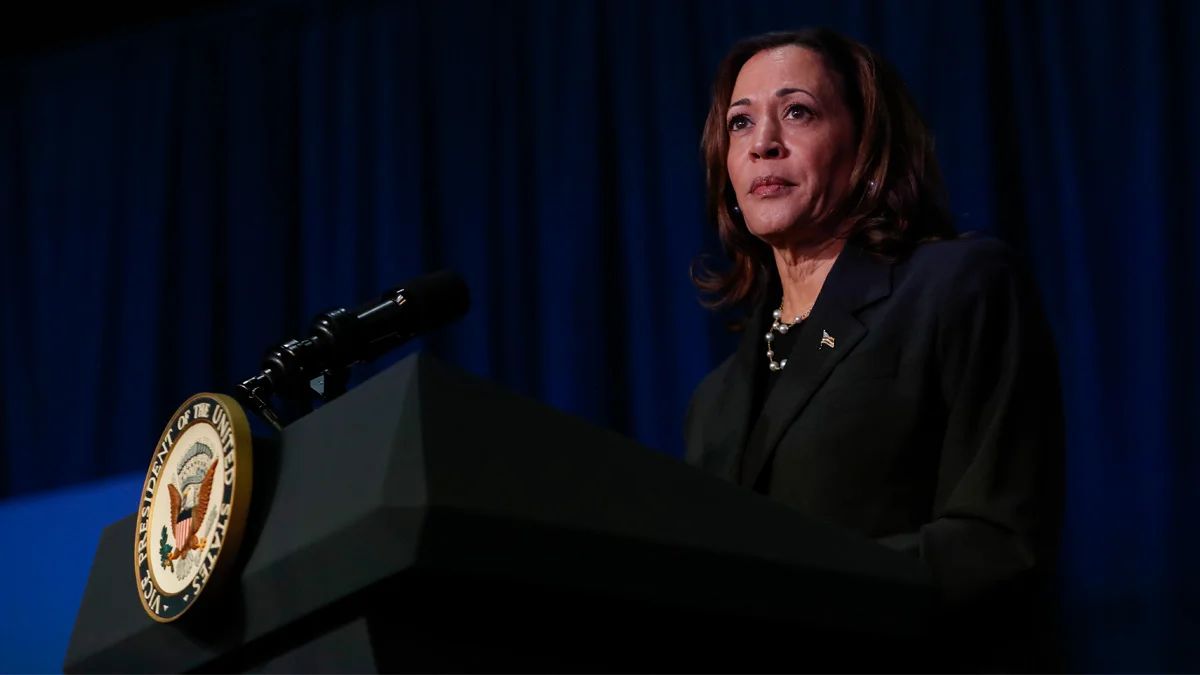
I was in the US on November 5 for the presidential election. I anticipated witnessing a historic milestone: the election of the first female president. Instead, I observed the election of a leader propelled, in part, by an antifeminist movement.
This outcome raises pressing questions about leadership, allyship and gender dynamics, particularly for women in business and those advocating gender equity in leadership.
It reflects challenges in the global economy and workplace: the strength of the glass ceiling, the growing tension around male allyship and the underrepresentation of women in leadership roles. For business leaders, understanding these forces is crucial, not just for closing gaps but also for fostering economies that thrive on inclusivity, support and diverse perspectives. The more diverse the approach to your services and products, the better the returns – right?
Women in leadership and the glass ceiling
The US has seen two women – Hillary Clinton in 2016 and Kamala Harris in 2024 – strive for the top office yet fall short, despite substantial support and qualifications. This is reflective of broader patterns of gendered barriers.
Data from the World Economic Forum underscores this: while women represent 47 per cent of the global workforce, they make up a fraction of top executive roles. In fact, women hold only 19 per cent of CEO positions across major industries globally. There are positive examples of female leadership to consider, of course. New Zealand, alongside several European countries including Finland and Denmark, has voted female leaders into top roles.
The impact of this leadership gap is far-reaching. Companies with diverse leadership teams are more innovative, better at risk management and experience higher financial performance. Closing this gap isn’t just a gender equity issue, it’s a business imperative.
Male allyship and the ‘anti-feminist’ movement
The existence of a cultural backlash, particularly among young men who feel sidelined in discussions of equity and diversity, signals an urgent need to address feelings of disenfranchisement. Anecdotally, I’ve heard sentiments like: “I didn’t get the promotion because they needed a diversity hire” from male colleagues.
For years, I brushed off such comments. However, it’s clear that leaving these concerns unaddressed only deepens resentment. The goal of gender equity and diversity isn’t to shift advantages from one group to another. When men feel that gains for women mean losses for them, it reflects a fundamental misunderstanding of equality. We must find a way to show that inclusive public spaces and economies benefit everyone. Men should not view female leadership as a threat but as an essential aspect of a balanced, successful society.
Persistent barriers and glimmers of hope
The challenges for women in business mirror those in the political arena. Female founders continue to face stark disparities in funding and female chief executives remain under-represented. Nonetheless, the UK offers glimmers of progress. The appointment of Poppy Gustafsson, co-founder of the £4bn tech firm Darktrace, as investment minister, and the Office for Equal Opportunities expanding its impact are signs of positive change.
Learning from the US
The story I had hoped to witness in the US was one of shattering a major glass ceiling. Instead, I witnessed a reminder of how much work remains. This moment calls us not to pause or slow but to redouble our efforts to ensure that workplaces and boardrooms reflect the world’s diversity.
For business leaders, the mandate is clear: we need to foster environments where everyone can thrive. Addressing male allyship, advocating fair representation and supporting women in business are crucial steps toward a more equitable future for all.
Zara Nanu is a serial entrepreneur and a member of the women’s leadership board at Harvard Kennedy School.
Related and recommended
Contestants from The Apprentice reveal the fundamental business lessons they learned from taking part in the TV show
From global talent pools to AI-powered documentation, a work-from-anywhere model is a new way of thinking about productivity, innovation and teamwork
The story of how cycling brought Business Leader member John Readman together with his co-founder and investors
Stuart Machin’s hands-on leadership has revived M&S, tripling its share price and reshaping its future, by obsessing over the details, from shop floors to staff message boards





